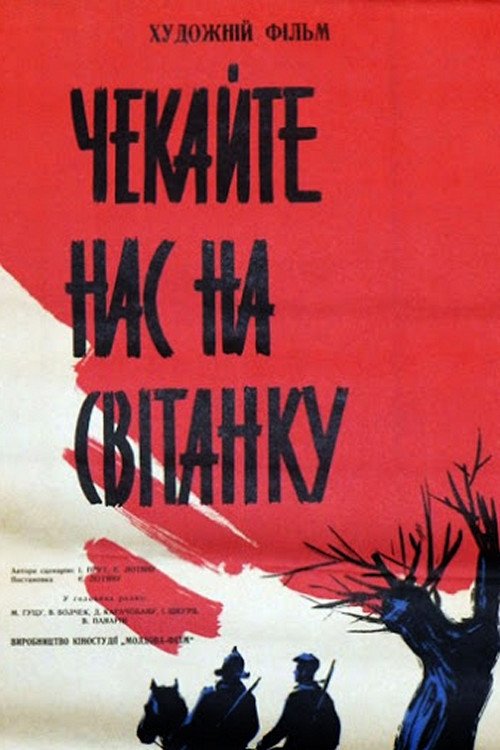
Wait for Us at Dawn (1964)
9
|
Nov 23, 1964 (SU)
|
Drama
|
01:28
The events take place in 1919 in Bessarabia.
Featured Crew
Writer, Director
Writer
Cast

Ilie Guţu
Kuliai Doru
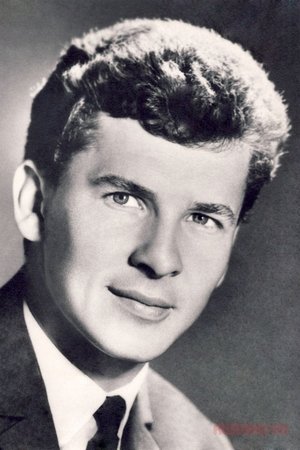
Valerii Panarin
Alyosha Dyomin

Ion Sandri Scurea
Mircea Lascu
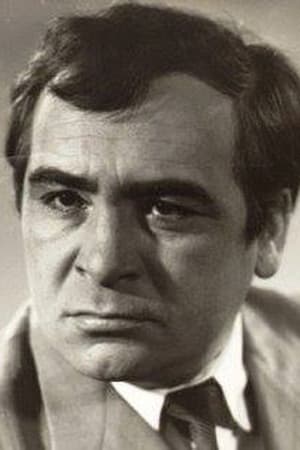
Dumitru Caraciobanu
Fane Felinar
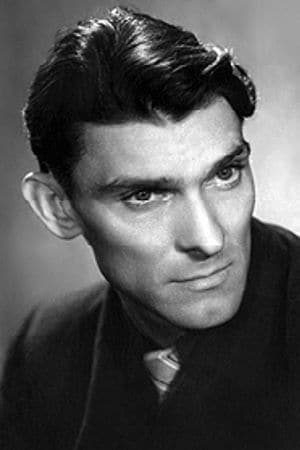
Vladimir Volchik
Lajos Váradi

Iulian Codau
Stefan Mugure
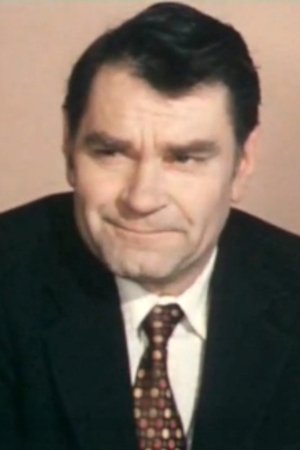
Petru Baracci
Nachalnik zastavi

Vasile Buzatu
Adyutant